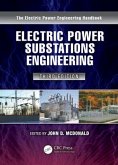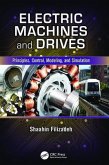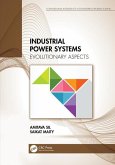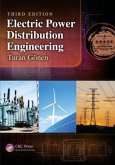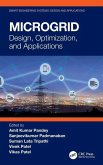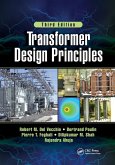Power electronics can be a difficult course for students to understand and for professional professors to teach, simplifying the process for both. LTspice for power electronics and electrical power edition illustrates methods of integrating industry-standard LTspice software for design verification and as a theoretical laboratory bench.
Helpful LTspice software and Program Files Available for Download
Based on the author Muhammad H. Rashid's considerable experience merging design content and SPICE into a power electronics course, this vastly improved and updated edition focuses on helping readers integrate the LTspice simulator with a minimum amount of time and effort. Giving users a better understanding of the operation of a power electronic circuit, the author explores the transient behavior of current and voltage waveforms for every circuit element at every stage. The book also includes examples of common types of power converters as well as circuits with linear and nonlinear inductors.
New in this edition:
Changes to run on OrCAD SPICE, or LTspice IV or higherStudents' learning outcomes (SLOs) listed at the start of each chapterAbstracts of chaptersList the input side and output side performance parameters of the convertersThe characteristics of power semiconductors-diodes, BJTs, MOSFETs, and IGBTsGenerating PWM and sinusoidal PWM gating signalsEvaluating the power efficiency of convertersMonte Carlo analysis of convertersWorst-case analysis of convertersNonlinear transformer modelEvaluate user-defined electrical quantities (.MEASURE)
This book demonstrates techniques for executing power conversion and ensuring the quality of output waveform rather than the accurate modeling of power semiconductor devices. This approach benefits students, enabling them to compare classroom results obtained with simple switch models of devices.
Helpful LTspice software and Program Files Available for Download
Based on the author Muhammad H. Rashid's considerable experience merging design content and SPICE into a power electronics course, this vastly improved and updated edition focuses on helping readers integrate the LTspice simulator with a minimum amount of time and effort. Giving users a better understanding of the operation of a power electronic circuit, the author explores the transient behavior of current and voltage waveforms for every circuit element at every stage. The book also includes examples of common types of power converters as well as circuits with linear and nonlinear inductors.
New in this edition:
Changes to run on OrCAD SPICE, or LTspice IV or higherStudents' learning outcomes (SLOs) listed at the start of each chapterAbstracts of chaptersList the input side and output side performance parameters of the convertersThe characteristics of power semiconductors-diodes, BJTs, MOSFETs, and IGBTsGenerating PWM and sinusoidal PWM gating signalsEvaluating the power efficiency of convertersMonte Carlo analysis of convertersWorst-case analysis of convertersNonlinear transformer modelEvaluate user-defined electrical quantities (.MEASURE)
This book demonstrates techniques for executing power conversion and ensuring the quality of output waveform rather than the accurate modeling of power semiconductor devices. This approach benefits students, enabling them to compare classroom results obtained with simple switch models of devices.


